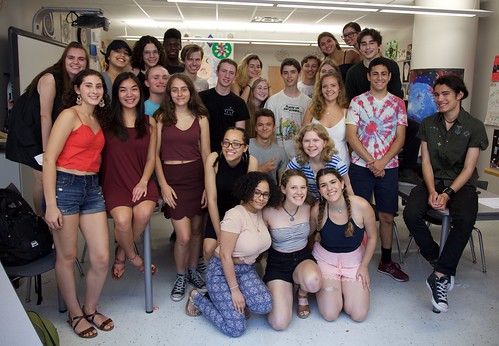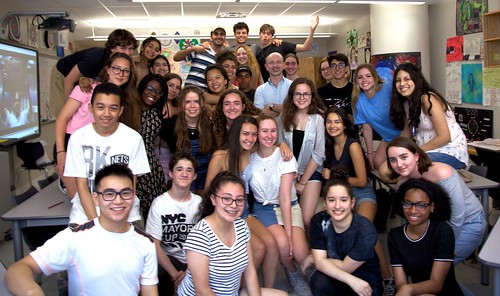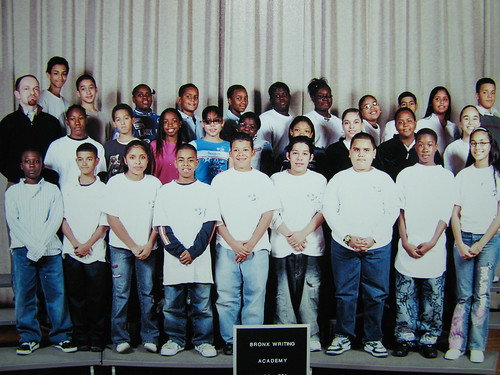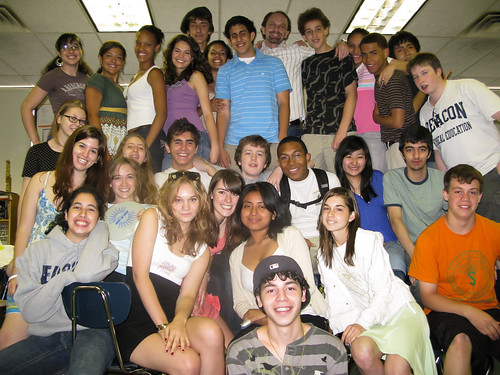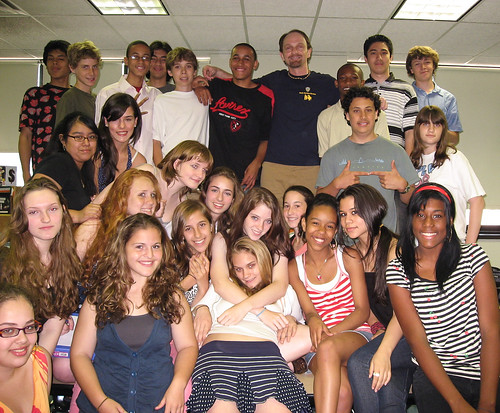1.Read and annotate John Keats Ode to a Nightingale. As we go through the term, we will explore various schools of poetry and we will do this chronologically. So, tonight we begin with the English Romantic, Keats!
2. Today, you (and your partner) were assigned a couplet with a set meter. Tonight you are to write an accompanying couplet continuing the meter and including rhyme. You must maintain the theme/narrative established in your assigned couplet. Tomorrow, you are you partner will have a few minutes to finalize your quatrain (the assigned couple plus your couplet equals four lines of verse…a quatrain). Then, we share!
3. Continue working on your villanelle. Remember, your poem must have a set meter but it doesn’t have to be iambic pentameter. Your chosen meter must be repeated throughout the poem. And don’t forget your refrain and its repetition throughout the poem.


